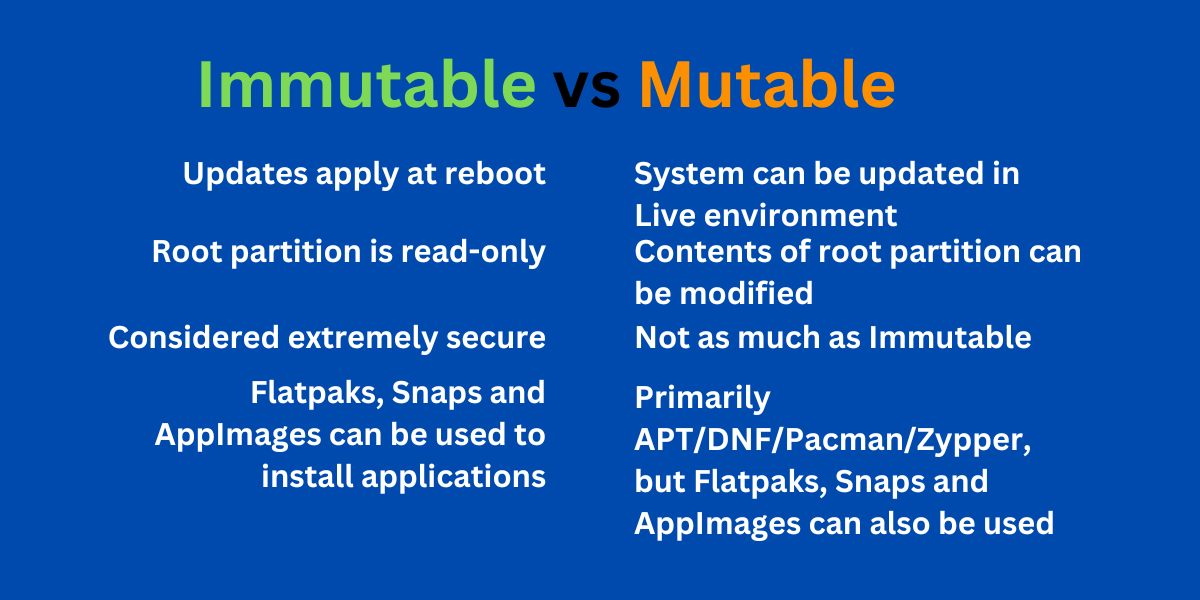this post was submitted on 13 Jan 2025
364 points (94.0% liked)
Linux
56896 readers
610 users here now
From Wikipedia, the free encyclopedia
Linux is a family of open source Unix-like operating systems based on the Linux kernel, an operating system kernel first released on September 17, 1991 by Linus Torvalds. Linux is typically packaged in a Linux distribution (or distro for short).
Distributions include the Linux kernel and supporting system software and libraries, many of which are provided by the GNU Project. Many Linux distributions use the word "Linux" in their name, but the Free Software Foundation uses the name GNU/Linux to emphasize the importance of GNU software, causing some controversy.
Rules
- Posts must be relevant to operating systems running the Linux kernel. GNU/Linux or otherwise.
- No misinformation
- No NSFW content
- No hate speech, bigotry, etc
Related Communities
Community icon by Alpár-Etele Méder, licensed under CC BY 3.0
founded 6 years ago
MODERATORS
you are viewing a single comment's thread
view the rest of the comments
view the rest of the comments

The root filesystem is being read from somewhere, and if it's being read from, it can be written to. Having an extra step or two in the way doesn't make it "extremely secure".
Why would being able to read imply being able to write?
Well it can greatly improve security by preventing a compromised app to achieve persistence.
Unless "read-only" is being enforced by hardware (reading from optical media, etc), a compromised sudo user can circumvent anything, and write anywhere. A read-only flag or the root filesystem being mounted from somehwere else are just trivial extra steps in the way.
Improved security != extremely secure, is all I'm saying. There are a lot of things that go into making a system extremely secure, and while an immutable root filesystem may be one of them, it doesn't do the job all on its own as advertised in this post.